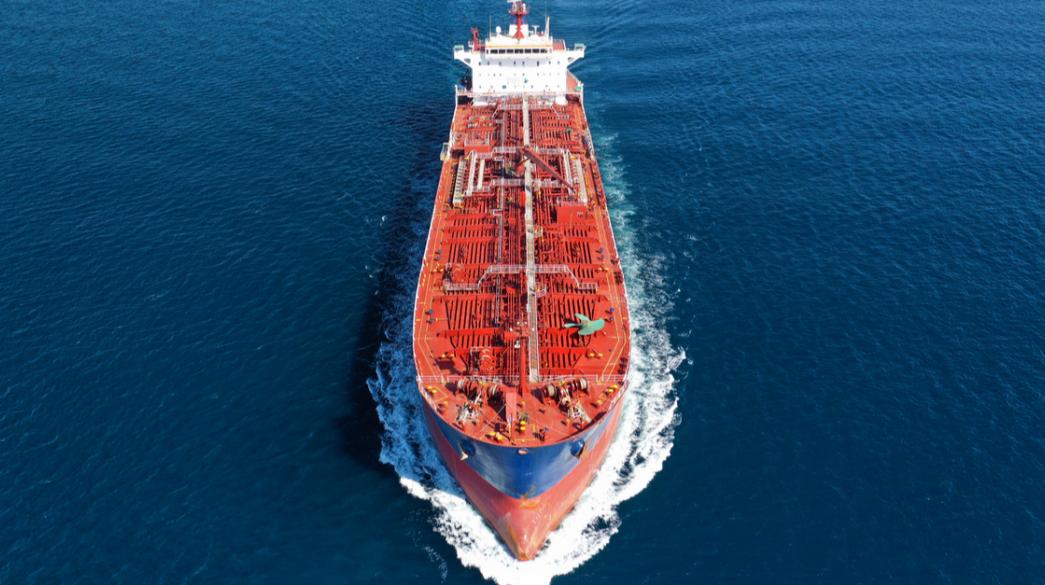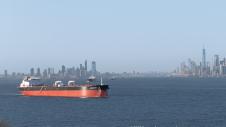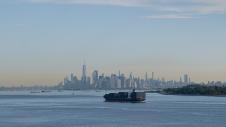Shipowners, including Greeks have abandoned the construction of new ships in recent months. The result is that the order book for cargo ships, tankers and container ships is now at its lowest point in 17 years, as new orders have fallen by 50 percent, according to BIMCO.
The greatest impact is on cargo ships and container vessels. Outstanding cargo shipbuilding orders currently concern ships with a capacity of 63.4 million tonnes dwt, a size that is 34.7 percent lower than 12 months ago and lower than in 2004. On container vessels, the order book has decreased by 10.3 percent per year and is at its lowest point since September 2003.
This trend had been evident since April, when Business Daily had reported that only one order of a new ship had been submitted by Greek shipping interests. This trend continued in the following months, as Greek shipowners suspended investment programs, until the impact of the pandemic on the world economy is more clear.
According to BIMCO chief shipping analyst Peter Sand, "the new shipbuilding contracts were among the first cuts made by shipowners and investors in response to the impact of the pandemic."
A look at the dry cargo sector, where the Greeks have a leading presence for a number of years, controlling the largest fleet in the world, one finds that during the period January - July, new orders for cargo shipbuilding decreased by 65.6 percent year-on-year. The decline in world trade and the volume of moving cargo, coupled with the realization that the road to recovery will be long, has led most shipowners to cancel long-term investments.
With shipbuilding orders collapsing, ship recycling is on the rise as many shipowners seek to get rid of the oldest ships in their fleet by selling them to scrap yards, mainly in Southeast Asia (India, Pakistan and Bangladesh. As soon as these countries took measures to contain the pandemic and reopened scrap yards, there was a significant increase in ship dismantling. In July, 1.8 million dwt vessels were sold for scrap, an increase of 50 percent compared to July last year, but also 400 percent compared to April this year.
Given the low demand for cargo and the pressures on fares, more and more of the world's oldest fleet ships can no longer justify their existence, forcing shipowners to sell them for scrap. In other words, this is not a temporary increase, due to the lack of activity in the spring, but a more permanent situation.
But even after the above developments, the global fleet continues to grow, as a result of the launching of new ships ordered in previous years. In short, the current defensive tactics applied by most shipowners, will lead to a reduction in supply (therefore will increase the chances of rising fares), but not immediately. The current global cargo fleet has for the first time in history, a capacity of over 900 million dwt (data until the beginning of August), having grown by 2.6 percent since the beginning of 2020.









